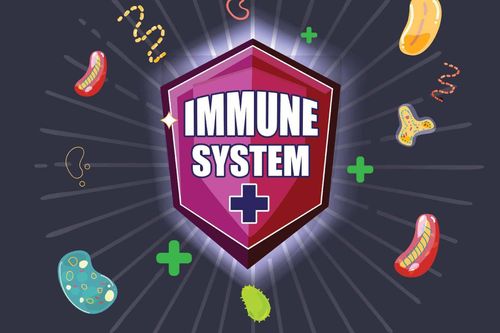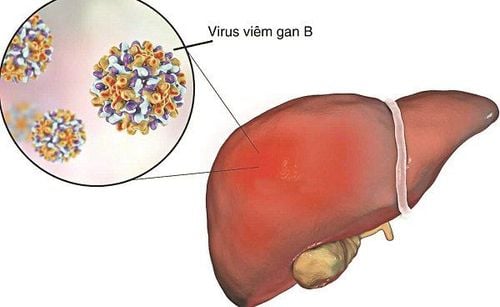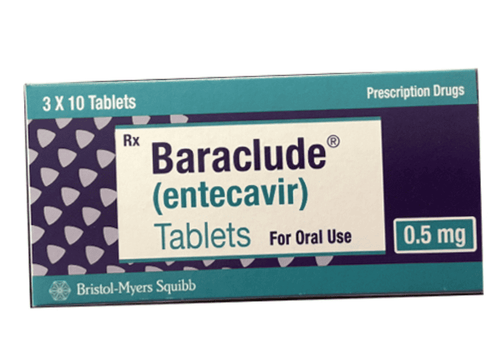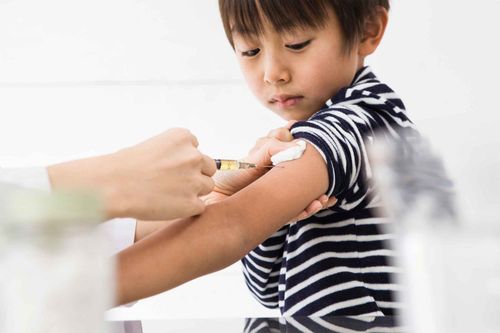This is an automatically translated article.
The immunization schedule for infants 1 to 2 months of age below is recommended by the Centers for Disease Control and Prevention. Depending on the specific case, the doctor will specify the type of vaccine and the appropriate time of vaccination for children from 1 to 2 months old, so parents need to be consulted by a doctor carefully before giving them to children.1. Hepatitis B vaccine
Vaccination schedule: Immediately after birth within 12 hours, vaccinate children 1 month to 2 months old and 6-18 months oldWhy should hepatitis B vaccine be given?
Protect your child from hepatitis B, a serious disease. Protect others from the disease because children with hepatitis B often have no symptoms, but they themselves can pass the disease on to others without anyone knowing they are infected. Prevent your child from developing liver diseases and including cancer caused by hepatitis B later in life.
2. Diphtheria vaccine
Injection schedule: at 2 months old, 4 months old, 6 months old, 15-18 months old, 4-6 years old, 11-12 years old and 1 booster dose afterwards.Why should diphtheria vaccine?
Protects children against diphtheria as well as tetanus and pertussis, all of which can be very serious. Preventing a child from developing a thick coating on the back of the nose or throat caused by diphtheria, making it difficult to breathe or swallow.
3. Tetanus Vaccine
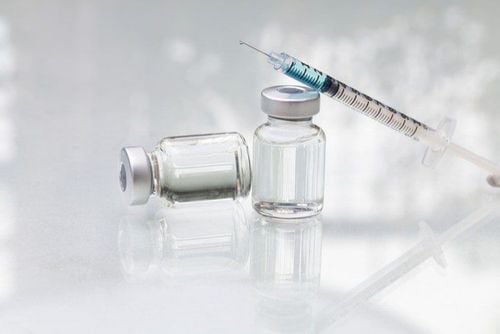
Tiêm vắc xin uốn ván khi trẻ 2 tháng tuổi, 4 tháng tuổi, 6 tháng tuổi, 15-18 tháng tuổi, 4-6 tuổi, 11-12 tuổi và 1 mũi nhắc lại sau đó
Why should tetanus vaccine?
Protect your child from tetanus, which can have serious health and life-threatening consequences, like diphtheria and whooping cough. Protect your child from muscle stiffness caused by tetanus.
4. Whooping cough vaccine
Injection schedule: at 2 months old, 4 months old, 6 months old, 15-18 months old, 4-6 years old, 11-12 years old and 1 booster dose afterwards.Why should pertussis vaccine ?
Helps protect children from pertussis, which is a dangerous and even fatal disease, like diphtheria and tetanus. Helps prevent children from having a severe cough caused by pertussis. Helps protect babies because their immune system is still weak enough to fight off diseases. The disease often causes a lack of oxygen to the body leading to many complications such as respiratory failure, pneumonia, cerebral hypoxia, encephalitis, conjunctival hemorrhage, even death if not detected and treated early, especially infants.
5. Hib Vaccine
Vaccination schedule: when children are 2 months old, 4 months old, 6 months old and 12-15 months oldWhy should Hib vaccine be given?
Protect your child from the disease caused by the bacterium HIB (Haemophilus Influenzae type b) which is the main cause of 2 serious illnesses, pneumonia and meningitis in children under 5 years of age, which can cause lifelong disability and deadly.
6. Polio vaccine
Vaccination schedule: when children are 2 months old, 4 months old, 6-18 months old and 4-6 years oldWhy should polio vaccine be given?
Polio is a dangerous infectious disease, caused by the Polio virus. Polio virus enters the human body through the digestive tract, enters the central nervous system, causing damage to motor neurons. Therefore, when polio vaccine helps protect children from lifelong paralysis caused by complications of polio.
7. Pneumococcal vaccine
Vaccination schedule: vaccination for children 2 months old, 4 months old, 6 months old and 12-15 months oldWhy should pneumococcal vaccine be given?
Protects children from dangerous and even fatal infections caused by Streptococcus pneumoniae bacteria such as pneumococcal meningitis and pneumonia.
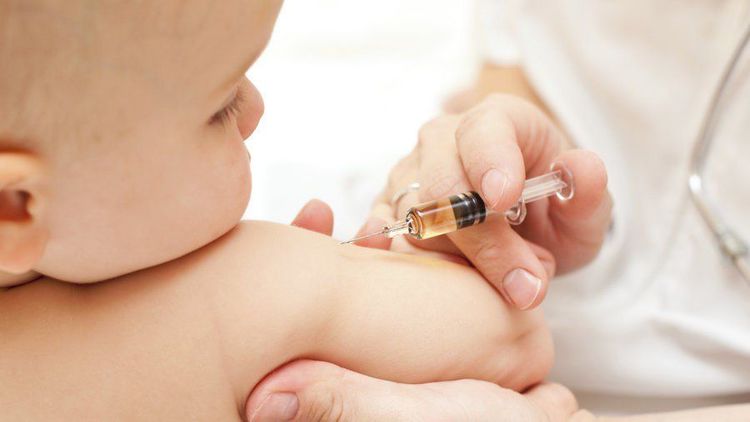
Tiêm vắc xin ngừa phế cầu khuẩn để bảo vệ trẻ khỏi các bệnh nhiễm trùng nguy hiểm
8.Rota vaccine
Vaccination schedule:RotaTeq® (RV5) at 2 months of age, 1st dose of rotavirus, 2nd dose at 4 months of age, and 3rd dose at 6 months of age Rotarix® (RV1) at 2 months and 4 months age Why should I take Rota vaccine?
Rota vaccine is a vaccine against diarrhea caused by Rotavirus, which is the leading virus that causes severe diarrhea in infants and young children. When children are infected with Rotavirus, they will have symptoms of dehydration due to repeated vomiting and diarrhea, affecting the whole body such as malnutrition. If not treated promptly, the child can die. Vinmec International General Hospital uses a source of high-quality vaccines, of clear origin, suitable for the age to be vaccinated, ensuring safety from the check-in, storage to use. Before vaccination, all customers are screened before vaccination with specialist doctors to ensure the best health when vaccinated. 100% of vaccinated customers are monitored and re-evaluated before leaving. In particular, the post-vaccination monitoring room is fully equipped with emergency facilities; the team of doctors - nurses are trained in anaphylaxis emergency management to ensure timely and correct treatment when an incident occurs.
Please dial HOTLINE for more information or register for an appointment HERE. Download MyVinmec app to make appointments faster and to manage your bookings easily.
Reference source: Cdc.gov





